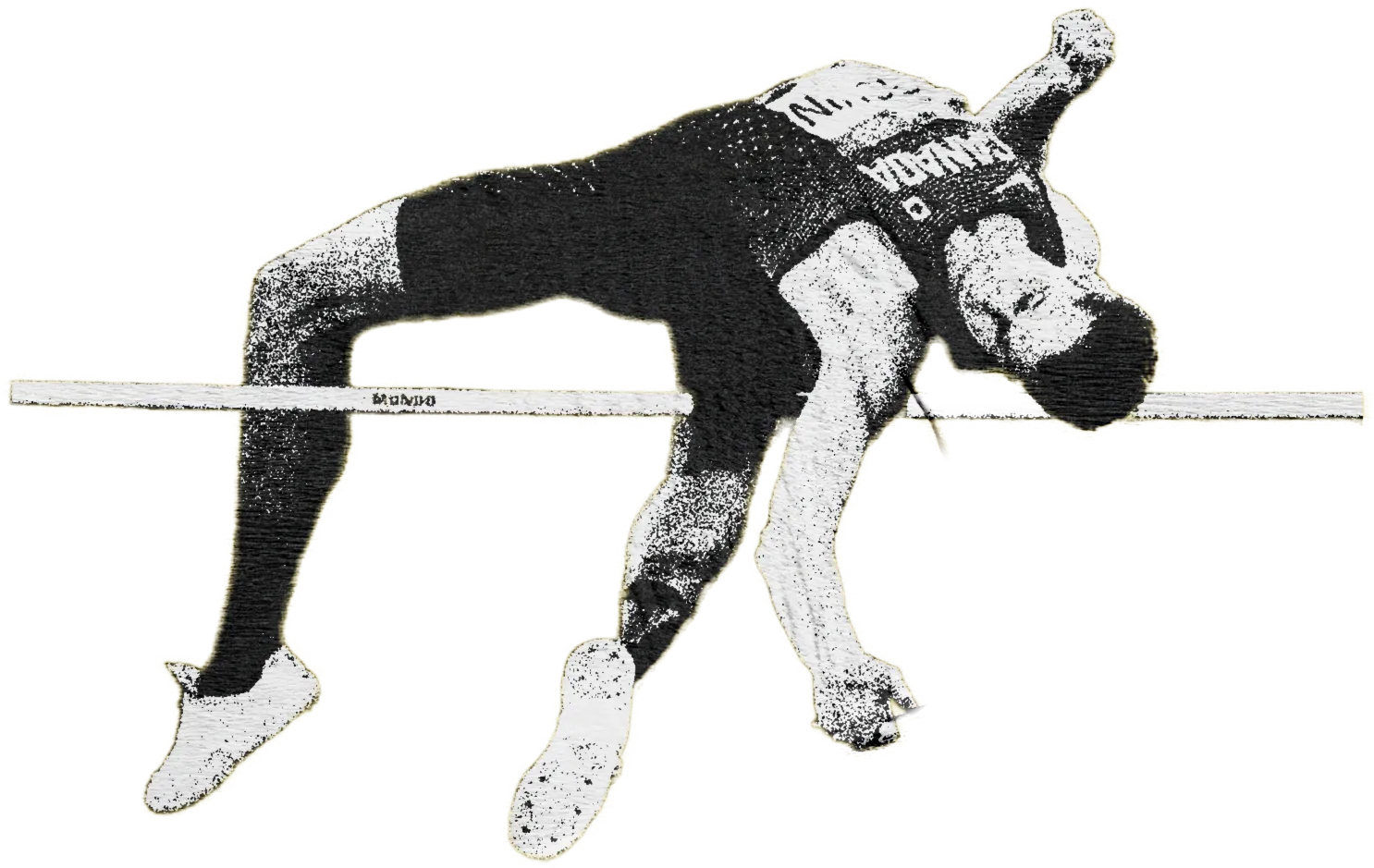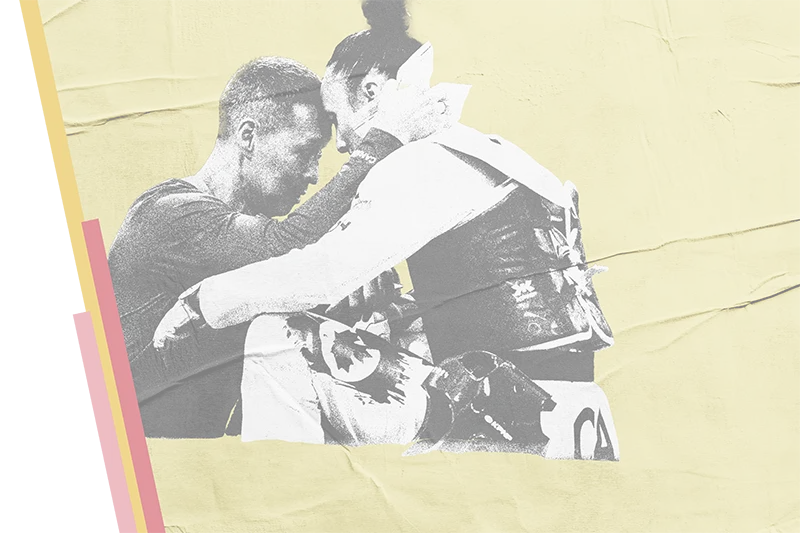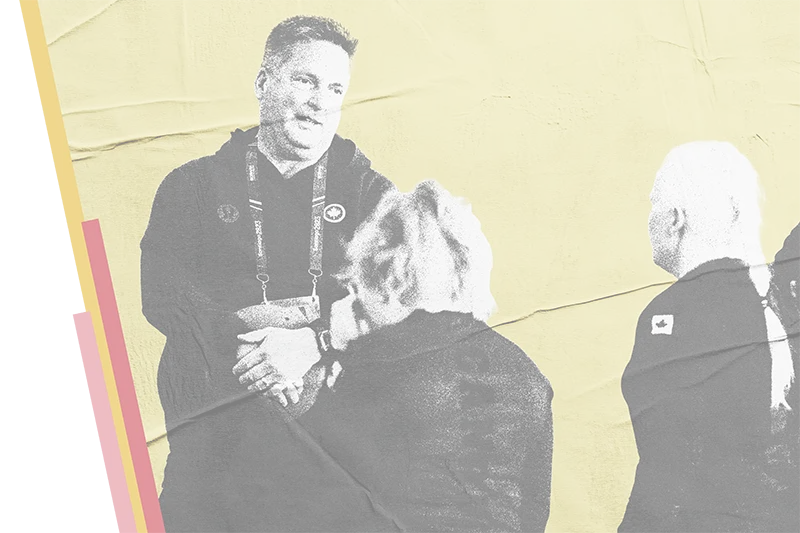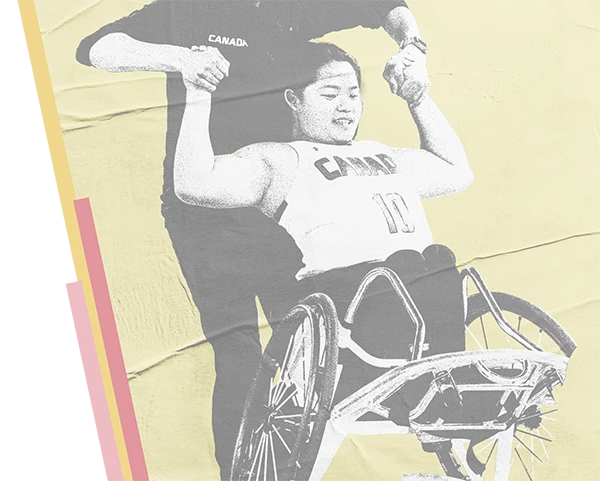“For me, it’s built into helping to build them to be the best they can be, whatever that is’’
She was in Augusta, of all places, when the phone number of Kevin Blue, former chief sport officer of Golf Canada, appeared on Salimah Mussani’s dashboard screen.
“He said: ‘Are you alone right now?’,’’ recalls Mussani, nearly two years after that touchstone moment in a blossoming tutorial career. “And I said: ‘Yeah, just driving the car back to the house.’
“I don’t remember what exactly came next, but then he said something to the effect of, kinda playing it along: ‘Well, what would the new coach of Canada’s National Women’s Team think?’”
Mussani had gone through the interview portion of what had been an exhaustive global search process to fill the position, and quietly harboured hopes.
She had, after all, been serving as assistant to Tristan Mullally before he left the head coaching role to transition into the program’s National Talent Identification Director.

But the idea of actually getting the job had never, Mussani confesses now, really registered.
“So, I had to pull over my car. I told Kevin I needed a second, put the speaker on mute and I think I cried for a minute or so. Just kinda let it out.
“Definitely a pretty touching moment for me. It kinda hit me right away that I get to lead the next generation of Canadian golfers. I realized what came with it, all at once.”
None too shabby for someone to whom the coaching option hadn’t even really been even a blip on the radar of her early golfing aims.
Her dream, like so many others, was turning pro, reaching the LPGA, and then “maybe” segueing into becoming a club pro in the distant future.
Through a strong competitive on-course career she collected two Ontario Junior Championships as well a pair of Canadian Junior titles; played a key role on a NCAA runner-up golf team at Stanford University; and competed as a professional on the Epson and LPGA Tours, as well as the former Canadian Women’s Tour.
And she’d soldiered on, continuing to chase the dream even after being diagnosed with lupus at the age of 21, in 2000. Lupus is an autoimmune disease in which the body's immune system mistakenly attacks healthy tissue in many parts of the body.
“That,’’ admits Mussani, “feels like a whole lifetime ago. I feel so disconnected about that, now from then, it seems.
“In senior high school I went to Texas to play. I took a golf scholarship - did that whole thing. Right around that time something was developing in me that I didn’t know. I had a blood disorder first, my senior year of high school there before I went to college, getting the transfusions, eventually had my spleen removed. All the blood numbers and skin issues I was having were all good; my blood platelet numbers were up to normal. Then my sophomore year, for whatever reason, things got difficult. I couldn’t get through a day, working out, going to class … I was exhausted. They thought I had mono. The remedy for that was to sit in your room, relax and not take part in all the things you were used to partaking in - like practice and workouts.
“I rested and I felt better. But then I’d get out and play and it just didn’t feel the same. Something was still wrong.”
She finished her sophomore year and made the decision not to return to Texas, instead heading home to Burlington, Ont. and taking six months to try and figure out her physical issues.

“My dad’s a doctor, my mom’s a pharmacist. Nobody knew what was going on. So, I transferred to Stanford and the team doctor there did some extra tests and found out it was lupus.”
Still undeterred, Mussani kept playing, graduated and turned professional right away, starting on the LPGA-pipeline Epson Tour. Then the problems began cropping up anew.
“I started waking up and not feeling my hands because of inflammation. They were bigger than hockey gloves. A lot of aching, fainting on the golf course, ambulances taking me away. But I was an athlete, I loved playing. I didn’t tell my parents all that was going on. A lot of highs kept me in it. I knew I could play. I won some tournaments. I was like: ‘I can still do this. I’m still having success. I can forge past this. It’ll be okay.’”
Eventually, the ongoing health issues could not be rationally argued away.
“That part taught me a lot about myself,’’ Mussani says. “I did a whole bunch of things after that. Worked at the front desk of a hotel. Became a financial advisor. A lot of different jobs before I fell into where I am now.
“This kind of comes back to the relatability aspect of this job. I’ve gone through a lot. I’ve done a lot. I like to think that helps when I’m dealing with the athletes and their problems.”
Still passionate about golf, Mussani at last segued into the coaching end, holding assistant coaching roles at Stanford and the University of British Columbia before joining Team Canada.
Golf Canada knows that it got this hire right.
“Sal earned it,’’ Emily Phoenix, the organization’s director of high performance, emphasizes.
“We did an extensive search. We talked to so many people. And we had so many people reach out. Multiples of dozens that we had conversations with; and so many people wanting to give back to the game, to help athletes grow.
“What Sal really brings is a unique ability to connect with people. In the role of a national team coach, you really have to wear a lot of different hats, connect with a lot of different types of people. Whether it’s with the players you’re working with, whether it’s other coaches, college coaches, the integrated staff.
“I think Sal is really strong at making that connection, getting to know people well and understanding what they need. That is a real skill.
“At the national team coaching level, that collaboration piece is a really essential part of the job.”

A job that Mussani admits absorbs her life.
“It’s a pretty special honour to get that glimpse into the lives of these women and to help them,’’ she enthuses. “I’m a big believer in building good habits so helping them to realize that in order to reach that elite level, yeah you have talent but there’s still more work to be done and how to get there.
“You don’t get through to everybody and not right away. For some, you have to leave them alone. For others, you have to remind them. Some, they just naturally do it. We have the whole spectrum and that’s the part that can be really rewarding and really frustrating.”
Among Mussani’s protégés is Laura Zaretsky, currently attending Texas Tech. Zaretsky won her first NCAA title at the UCF Women’s Challenge, held at Eagle Creek Golf Club in Orlando, Florida, in early February. The 20-year-old hailing from Thornhill, Ont., led wire-to-wire at that event, finishing 13-under and three shots clear of the field.
The bond she, and others on the Canadian team, have forged with their head coach is tungsten tough.
“Sal’s just very personable, been through it all - college, professional golf,’’ praises Zaretsky. “Being able to relate to her experiences when we’re going through things is so important for us all. Not only is she my coach, I feel we have a pretty strong friendship.
“I mean, I can go to her for anything. Just her having had so much success in her life to now coaching the national team and trying to help young girls achieve their goals, reach their dreams, makes her the perfect person to be in that role.
“I didn’t know her before. I wish I had.”
“Everyone has their own personal coach. Sal’s also my personal coach. That’s the nice part about it. We get to spend a lot of time together, she comes down to my college sometimes. I go to see her.
“She’s friends with my college coach, so if I’m going through something they can talk back and forth. So even if she’s not there, she’s more present.
“She’s tough on me and I’m sure she’s tough on all the other girls on the team but that’s because she demands the highest from all of us. Which helps us succeed faster and more efficiently.”
Mussani’s story of perseverance through illness isn’t something that’s universally known throughout the Canadian team camp.
“She doesn’t talk about it that much, how it all went down,’’ says Zaretsky. “But her story is just amazing. And I know she’s happy to be where she is now. Things kinda happen for a reason, I guess.
“Her determination … she’s so positive. I’ve never seen her in a bad mood. Very positive, very determined.
“She’s … great. We all love her.”
That sort of emotional investment is, naturally, reciprocal.
“For me, it’s built into helping to build them to be the best they can be, whatever that is,’’ Mussani says. “Whether it’s in their sport, or as humans. When I first got the job, I was like: ‘Okay, I’m going to coach these girls technical golf skills and life goes on.’ I’ve been in this role for two years now and I can say candidly that it’s way more than that.
“I know a lot of these girls down to the granular level.”
A shade over 24 months after receiving the call from Kevin Blue, needing to turn off the car speaker and take a few moments to shed tears of joy, then to realize the enormity of what she was taking on - guiding the next generation of Canadian golfers – Salimah Mussani is right where she wants to be.
“It’s not a burden but it is a burden, right?’’ is the way she explains it. “It’s a responsibility that I knew I had to carry. I tried to get out of the gates quickly, talk to a lot of people, gather a lot of information, feedback.
“Now it’s a couple of years in, through the work with OTP, and realizing what’s my style, what’s important to me and talking through our mission/vision values helps to start creating your own philosophy.
“A lot has happened.
“It’s been a cool journey.”


.webp)




.webp)


